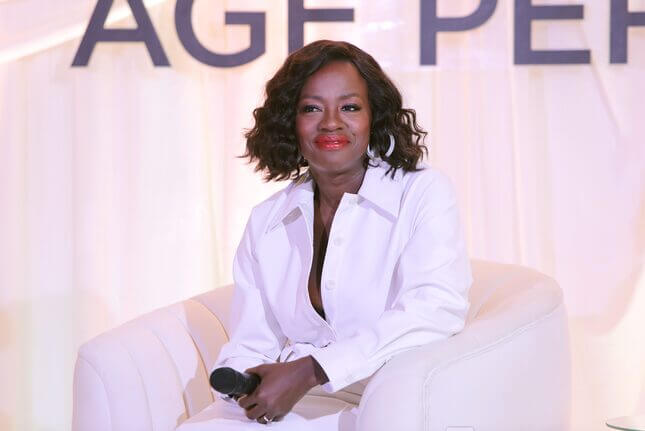Viola Davis: People Said I Wasn’t ‘Pretty Enough’ to Be Cast in ‘How To Get Away With Murder’
The Oscar-winner talks about the jarring feedback she received, even from other Black actors, after winning the role.
Celebrities

Viola Davis, an incredibly gifted actress who happens to have darker skin, is opening up about the struggles that come with working in an industry still very much ruled by the white aesthetic. In an in-depth interview with The New York Times, the 56-year-old actress talked about the unexpected reaction she received after being cast as lawyer Annalise Keating in ABC’s How To Get Away With Murder, saying a friend told her that other Black actors were chattering about how “she wasn’t pretty enough to pull it off.”
“For the first time in her professional career,” NYT writer Jazmine Hughes wrote, “Davis couldn’t shake all the racial criticisms she had heard over her career. She was 47 and terrified. She took the job anyway.”
-

-

-

-

-

-

-

-

-

-

-

-

-

-

-

-

-

-

-

-

-

-

-

-

-

-

-

-

-

-

-

-

-

-

-

-

-

-

-

-








































